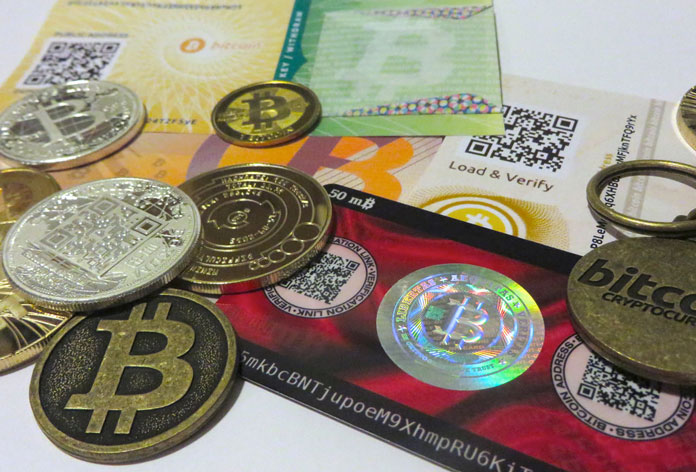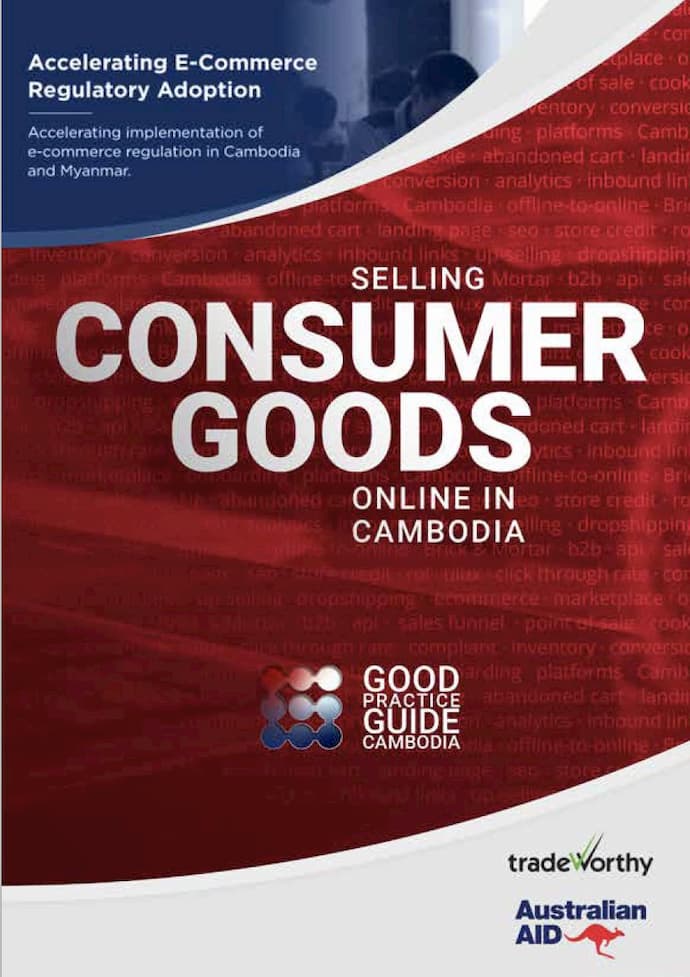Will new changes halt the growth of E-Commerce in Cambodia?
The Cambodian government has announced some E-commerce businesses will require licenses, and there are talks of a national internet gateway to control and monitor online traffic in the Kingdom.
Cambodia has seen dramatic changes to its digital footprint, and in particular, a huge upsurge in E-commerce, particularly during COVID-19 in 2020. Will these new changes halt the growth of E-commerce and the digital economy in the Kingdom of Cambodia? Feature Photo Credit: Nikkei Asian Review
E-commerce license in Cambodia
On November 2, 2019, Cambodia enacted the Law on Electronic Commerce (E-commerce Law) aiming to regulate the Kingdom’s e-commerce in line with the international community the government said at the time. The laws are also meant to promote digital and electronic trade and e-signatures. On August 27th 2020 a sub-decree on “regulating licences for types of electronic business and exemption” was signed by Cambodian Prime Minister Hun Sen.
According to the sub-decree “an electronic business certificate must be issued to individuals, private enterprises that operate electronic businesses in Cambodia, including those that use social media or electronic systems as a means of supplying goods and services.” The Khmer Times reported that "the government has regulated the licence for some e-businesses, which are booming under the COVID-19 pandemic."
This E-commerce license is required for the following types of businesses in Cambodia:
- E-commerce website services.
- E-commerce platform services.
- Online marketing services.
- Online auction site services and other similar services provided through software or smart.
E-commerce businesses exempt from the license in Cambodia are:
- Advertising of goods or services that are not subject to a contract, non-deposit fees by customers or users.
- Sales of goods or services of individuals or enterprises with a nontaxable turnover.
- Family-owned businesses.
- Seasonal goods.
- Small Businesses on Facebook.
The Ministry of Commerce (MOC) wants the users/business owners to contact them about their enterprise, which seems vague and open to pitfalls. Seang Thay, the spokesperson at the MOC, said online businesses were growing dramatically in Cambodia as well as goods and services being sold online and added; “When we implement the law, the government will collect tax from the businesses. However, not all types of online businesses are subject to tax, such as small businesses on Facebook.”
How long is the Cambodian E-commerce license valid for?
The E-commerce business licence for Cambodians is valid for two years and can be renewed. For foreign companies, enterprises and individuals, the E-commerce business license is valid for three years and can be renewed. In addition, all eligible businesses that started operating before the sub-decree came into effect (Septemeber 2020) will have a six-month period to apply for a licence. No mention of a fee has been made for the license at the time of publishing.

National internet gateway in Cambodia?
In September 2020, the Nikkei Asian Review reported that the Cambodian government was planning to "route all web traffic through a "national internet gateway" under plans that human rights advocates fear will see critical content blocked by a China-style firewall. The Nikkei Asian Review claims the sub-decree was drafted in July of 2020 and that it will be managed by a government-appointed operator or operators. They will collaborate with the Ministry of Post and Telecommunications (MPTC), the Telecommunication Regulator of Cambodia and "relevant authorities."
Blocking content
The article also stated that the sub-decree would allow the Cambodian government to block certain types of content. Based on their translations this could relate to "blocking and disconnecting all network connections that affect safety, national revenue, social order, dignity, culture, traditions and customs." Marc Einstein, chief analyst at Japan-based IT research and advisory firm ITR added that it would also allow for "tax collection and fight cybercrime, they also appear to have a censorship angle." VOA Cambodia picked up on the news and added that the sub-decree states that the purpose was to enhance “national revenue collection”, to “protect national security” and to assure “social order".
Ith Sothoeuth, media director at the Cambodian Center for Independent Media added that "The terms used in the sub-decree are vague, so it is easy for the government, as well as the authorities, to use the sub-decree or the content of the sub-decree to delete or to omit any information that they are not happy with."
Cambodia's Digital Economy 2020
Zwan Ross Lee, Global Head of Business Development, Marketing and Sales of Fincy, told us in August 2020 that "One of the main drivers of the fintech market is the rapid growth in the digital payments sector, spurred by digital commerce and the normalisation of mobile technology usage." According to the National Bank of Cambodia (NBC), the market demand in Cambodia stands at approximately $29.6 billion collectively, with only about $5.7 billion being filled by digital financial apps. They have also been promoting cross-border e-payments and earlier in 2020, announced the launch of its Bakong digital currency. Bakong has been labelled as “a blockchain-based, peer-to-peer (P2P) payment and money transfer platform.”
The Cambodian government has taken huge leaps to catch up on the digitalisation of its economy and COVID-19 certainly spurred this along. The Techo Startup Centre was launched in 2019 by the government to support young entrepreneurs and aid the Royal Cambodian Government’s plans to transform Cambodia into a digital economy. The government signed the ASEAN Agreement on e-Commerce in 2019 and in 2020, a number of new digital platforms and projects have been launched or announced.
- Cambodia National Single Window Project (in accordance with the ASEAN National Single Window initiative)
- In June 2020, the Cambodian Ministry of Industry, Science, Technology and Innovation also is said to be reportedly setting up another online portal, this one is aimed at small and medium enterprises (SMEs), called KhmerSME.
- Cambodian taxpayers can use the e-tax service to pay their monthly tax returns.

Good Practice Guides (GPG) Cambodia E-commerce On September 15th 2020, Sven Callebaut an Adviser on E-commerce + Digital Trade Strategy for Governments in Asia and the Pacific said: "With the help of leading e-commerce players and business associations, under the guidance of the (Cambodian) Ministry of Commerce, TradeWorthy with the support of Australian Department of Foreign Affairs and Trade will very soon launch Good Practice Guides (GPG) in English and Khmer, guiding you on moving from offline to online in 4 sectors: food delivery, groceries products, consumer goods and transport & travel." With so much happening in this space of financial technology and e-commerce in Cambodia, investors, businesses and entrepreneurs will be keenly interested to seek clarity from the Cambodian government in what is an industry with huge potential. You can read more about digital payment options in Cambodia and the fintech sector in Cambodia.
The food delivery apps in Cambodia is another market that has boomed in 2020.